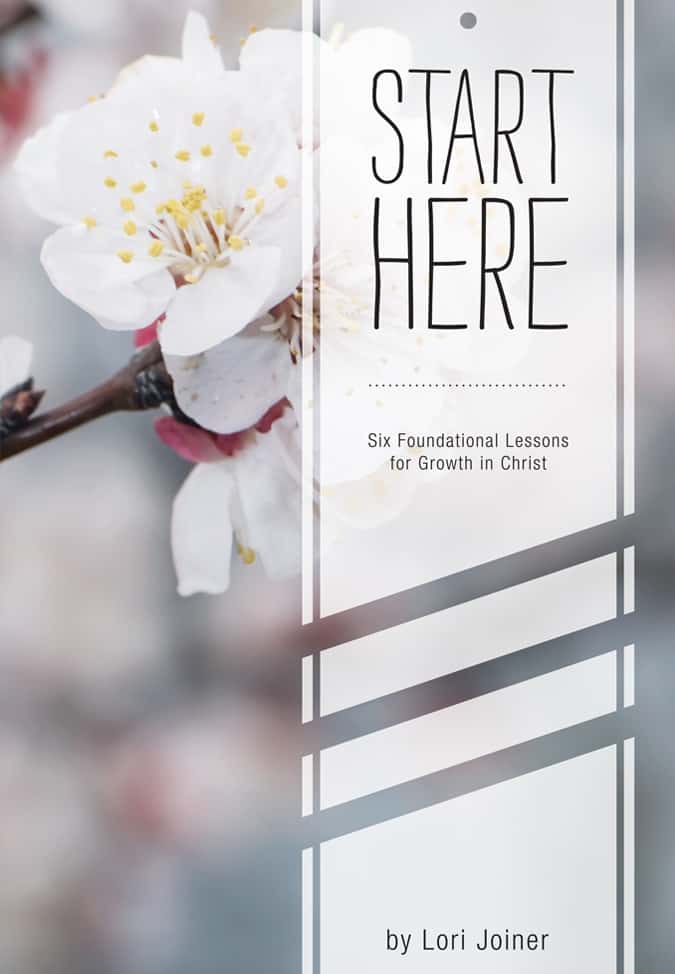Mirror, Mirror, On the Wall

Leader's Guide
Objective
The objective of this lesson is to help participants develop a healthy self-image based upon God’s acceptance of them rather than upon their performance. A self-image based upon performance is continually asking, “How do I measure up in my looks, physical ability, wealth, status, intelligence, spirituality, success or anything?” This is why it fails. God’s love and acceptance are unconditional. Note that God’s acceptance does not mean that we are stagnant. (“God accepts me just as I am, so I don’t think I’ll even try to improve.”) Instead, it fosters security in the midst of our growth process.
Lesson Plan1. You could begin with some sharing from the content of last week’s lesson, if you think they feel “at home” enough in the group to open up about what they learned. Otherwise, you can use your own sharing idea, or go on to No. 2 after a brief time of interaction.
2. Have two different people read the scenarios out loud to the group. Ask the question printed in the members sheets, “How does it make you feel … ”
3. Read: “Our society teaches us … ” Break into pairs for the brainstorming exercise, then regroup and have members share their observations. You can ask why they came up with those.
4. Read: “It’s nice to have good looks … ” Comment that this exercise is not meant to depress them but to help identify ways we fall into the trap of comparison. Next, have them do the rating exercise individually. After they have finished, ask, “Did you find some of those were true of you? That’s because society tells us that if we don’t measure up we’re unacceptable. Now let’s look at what God says about our value.”
5. Read: “Although society demands … ” Have four members each read a verse from Psalm 139:13-16. Answer No. 1 and No. 2 as a group. Answer No. 3 and No. 4 individually. Answer No. 5 as a group. Finally, answer No. 6 individually, and then have the group share their answers.
6. Action Point: Give out 35 cards and have each person write out Psalm 139:14 on one side. Ask them to post it on their mirror or desk. Close in prayer and ask that all would understand God’s acceptance and thus be able to accept themselves.
Mirror, Mirror, On the Wall
Scenario 1
Felicia just moved to Los Angeles, California, from Ft. Lauderdale, Florida. She was leaving behind a life where she felt comfortable and accepted. Life in Florida had left her feeling confident and excited about entering a new phase of life. But as she was sitting in her new apartment, flipping through her photo album, reality hit home. Things were different here — really different! Just then, Betty, one of her roommates walked in from next door with exciting news about her first invitation to go to on a date with Jerry. No sooner had Betty left, than in pranced Patty wanting to borrow a tennis racket for her big match that afternoon. Throughout all of this, Robin sat in the corner diligently working on a project for her job. A darkening cloud soon began to form over Felicia’s bright concept of herself. Why don’t I already have a date like Betty? Is there something wrong with my personality, my looks? Maybe if I could play tennis as well as Patty then I’d have more friends. And, oh, do I need to put that much extra effort into my job? I do want to make a good impression like Robin.
Scenario 2
Freddie headed to the gym to work out. As he neared the gym, he passed the basketball courts where “Sky” was going up for a slam dunk. Entering the gym, he immediately saw Billy flexing his triceps and biceps. Freddie started to feel self-conscious and began to question this thing called life. “Things weren’t like this where I used to live. What’s so special about this basketball stuff? Football was our game back home. I’m horrible at basketball. And, where in the world did guys like Billy come from? My arms look like beanpoles compared to his … ”
1. How does it make you feel when, like Felicia and Freddie, you think you don’t measure up?2. Our society teaches us to rate ourselves and others based on physical appearance, wealth and status, intelligence and success. Brainstorm several TV characters who model “having it all” in each of these areas:- Physical appearance.
- Wealth and status.
- Intelligence
- Success
It’s nice to have good looks, money, status, brains and success. But if our self-acceptance is based only on these qualities, we’re bound to feel a sense of failure sooner or later. The following statements will help you discover how much of your self-esteem is based on this “performance system.”
□ There are certain areas in which I just have to succeed.
□ I get down on myself when I fail.
□ I get angry at people when they get in my way or when their actions make me look foolish.
□ I am self critical.
□ When I sense that I might experience rejection by someone, I become nervous and anxious.
□ I find myself uncomfortable around people I don’t know.
□ It bothers me when someone is unfriendly to me.
□ I find myself trying to impress others.
□ I get down on myself when I experience criticism.
□ I always try to figure out what people think of me.
□ I find myself thinking about certain past failures or extremely rejecting experiences.
□ There are certain aspects of my character I wish I could change but don’t think I’ll ever succeed.
□ I feel inferior.
□ There are parts of my appearance I cannot accept.
□ I am a perfectionist.
□ I find myself justifying my mistakes.
Rate yourself on each of the following statements using this scale:Although society demands that we play by its “performance system” to feel good about ourselves, God loves and accepts us just as we are.
Turn to Psalm 139:13-161. Why is it significant that God is the One who made you?2. How does this relate to areas of your life that you don’t like?3. List three things you like about yourself and three things you don’t like.Like:
A.
B.
C.
Don’t Like:
A.
B.
C.














